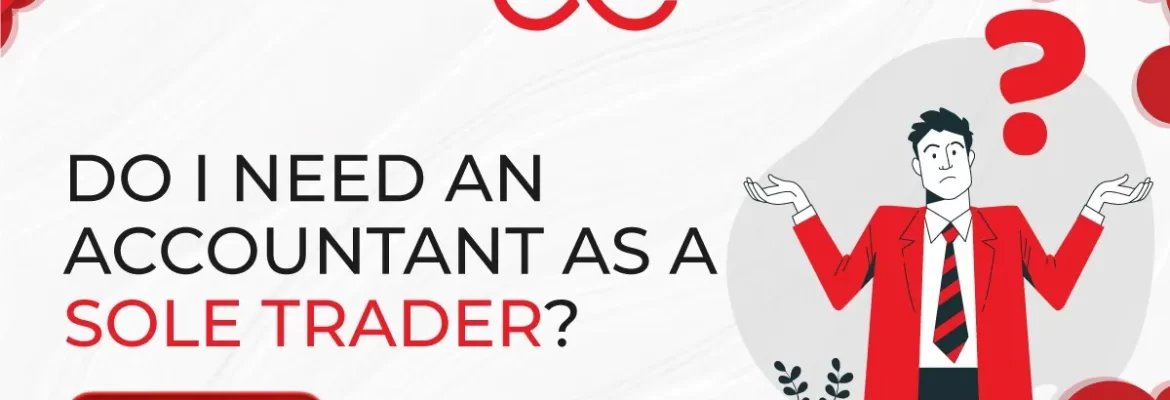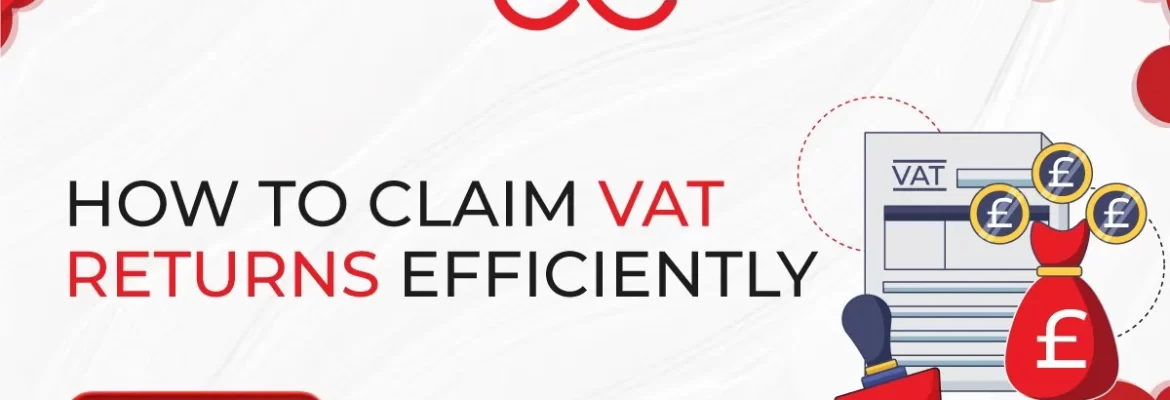Being a sole trader in the United Kingdom comes with many responsibilities, especially when it comes to managing your finances. A common question that arises is, “Do I need an accountant as a sole trader?” This blog will explore the role of an accountant, the benefits they offer, and help you determine if hiring one […]


